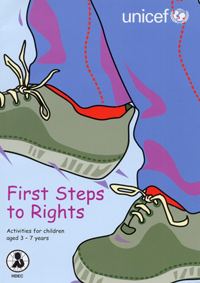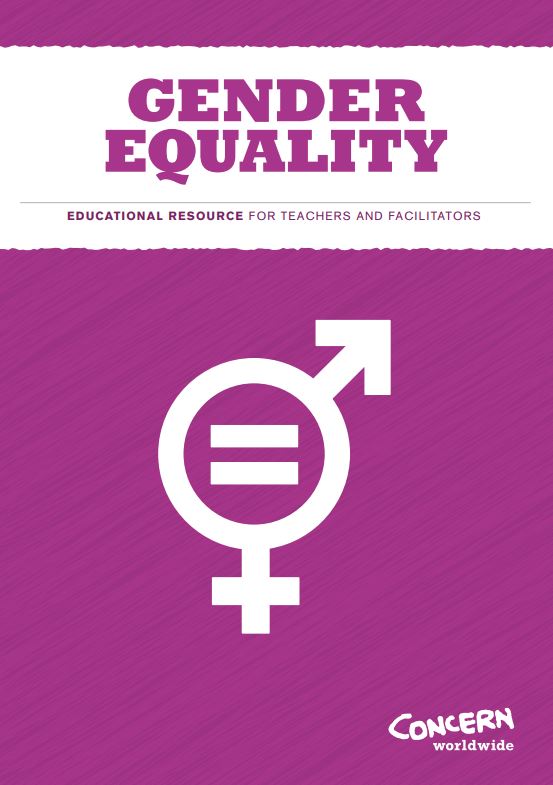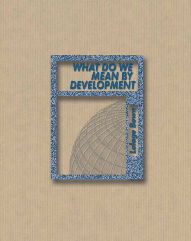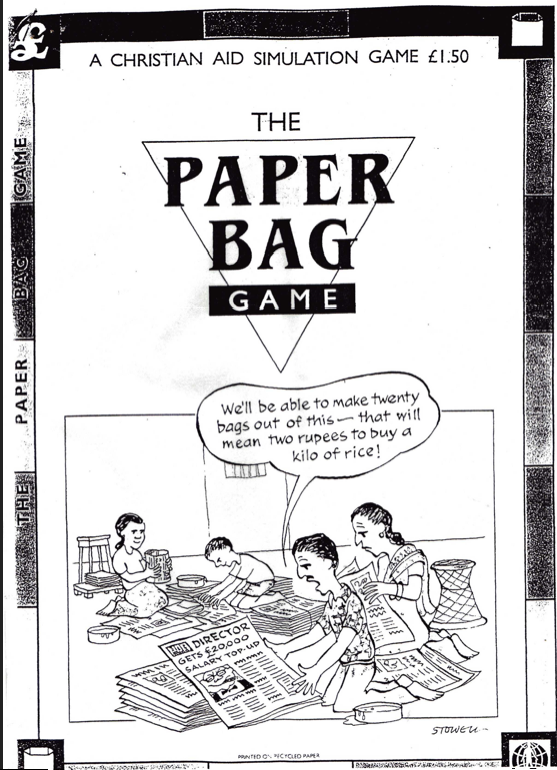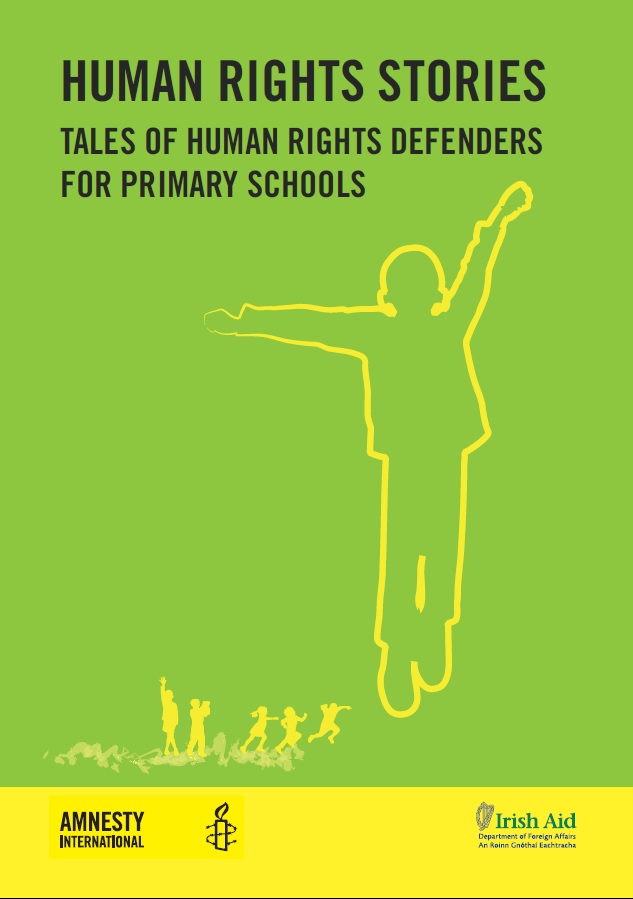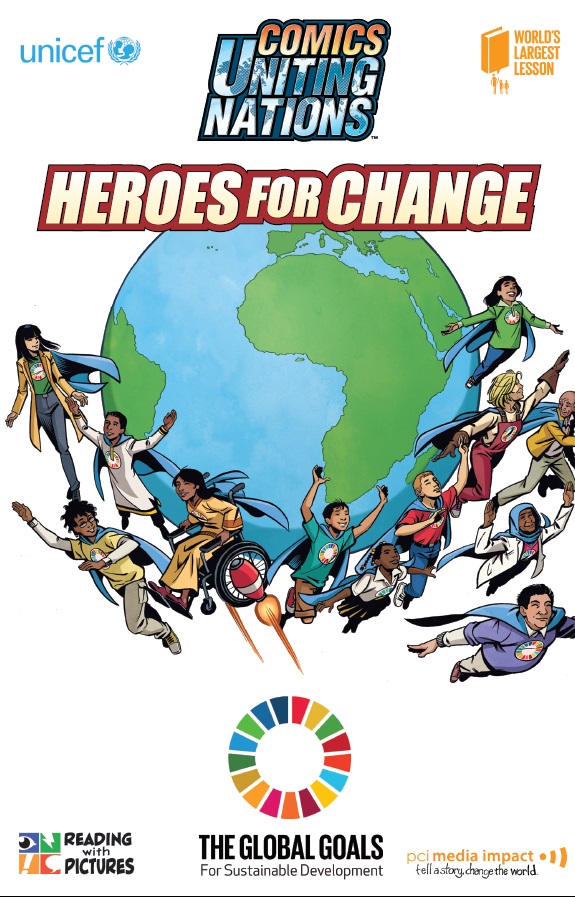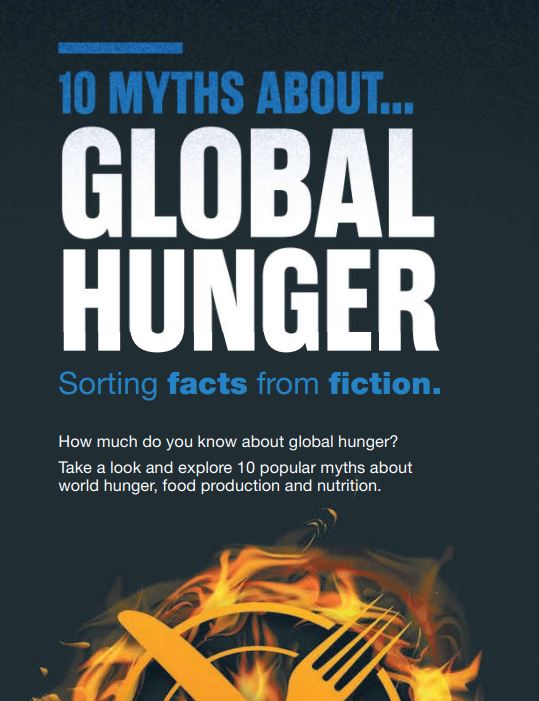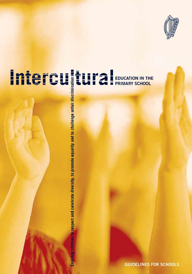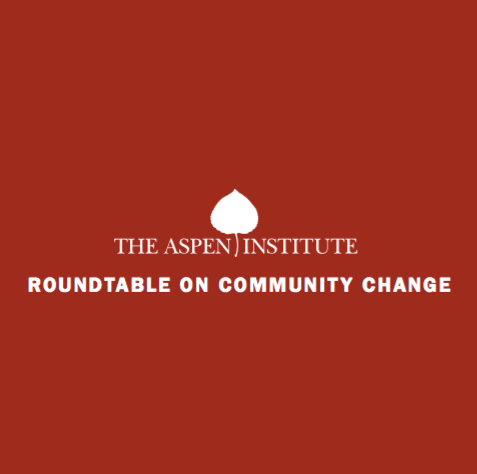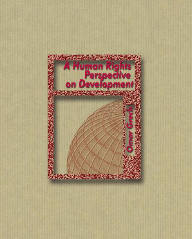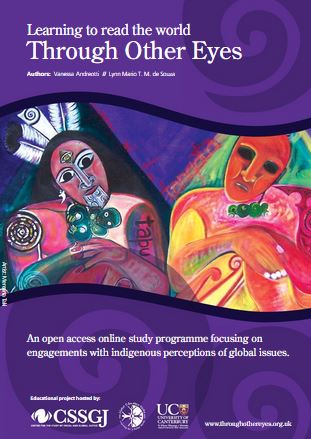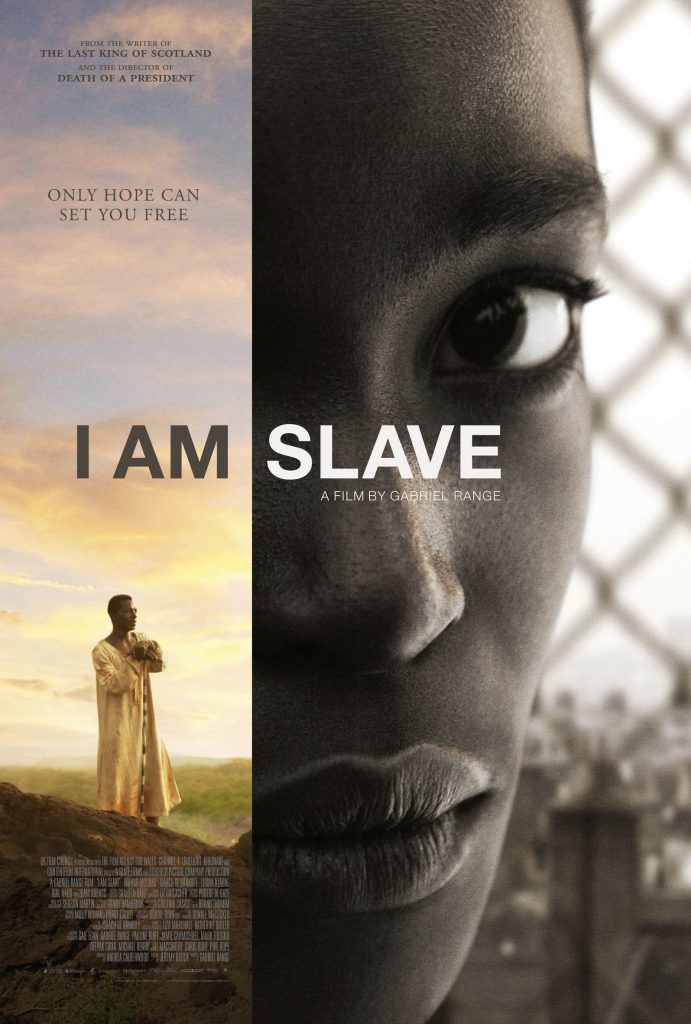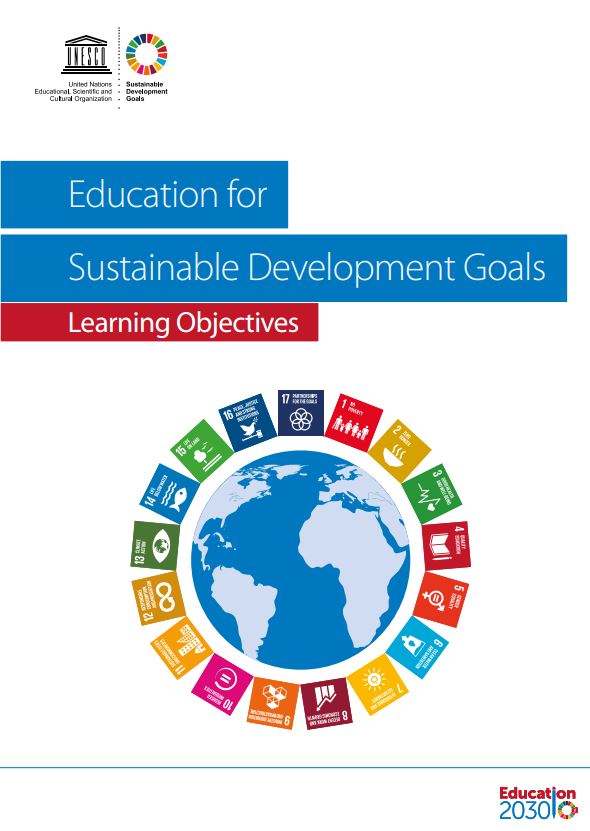What was hot and what was not in resource downloads during 2020?
Welcome to the rundown of the 20 most popular resources accessed by visitors on developmenteducation.ie across the year.
20. First Steps to Rights
Produced by UNICEF, First Steps to Rights 80 page teaching pack is designed to introduce young children to the basic rights of all children. It features activities around themes including families, food and water and includes A3 colour photos with a global learning perspective.
19. Gender Equality – Education resource for teachers and facilitators
A booklet for teachers and facilitators featuring information, statistics and activities to explore issues around gender equality in the world.
Activities look at reasons why gender equality exists, its impact on the lives of people globally and the positive impact working towards gender equality will have on global development. Produced by Concern Worldwide.
18. What do we mean by development?
What do we mean by Development? is a discussion document which explores different descriptions of development for teachers, students and development educators rather than providing a comprehensive definition of development or development theories. It aims to provide clarity to development definitions and to link “models of development with the here-and-now problems of real people.” Produced by 80:20 Educating and Acting for a Better World.
17. The Paper Bag Game
An interactive game that gives an insight into what life is like for poor people who are trying to earn a living. The game focuses on children living in poverty in India. It challenges young people to find out if they could survive on the streets of Kolkata. Produced by Christian Aid.
16. Human Rights Stories: tales of human rights defenders for primary schools
This primary school resource provides five inspirational tales of human rights defenders – Fela, Maria, Bobo, Ishmael and Farai. Based on true stories, the tales chronicle the social challenges, lifestories and how each of them defended human rights in their own countries. Produced by Amnesty International Ireland
15. Challenge to Change: a Development Education Project in Presentation Schools
The annual Challenge to Change resources feature DE project work as part of development education projects aimed at young people attending Presentation primary and secondary schools in Ireland.
The initiative seeks to raise awareness and understanding of development issues and global inequality through exploration and engagement in issues such as (in)justice, human rights, fairtrade, racism and exploitation. Produced by the Presentation Education Office.
14. Comics Uniting Nations: Heroes for Change
The “Heroes for Change” comic introduces the Global Goals and invites children to become superheroes themselves, by taking action to end poverty, inequality and climate change.
Produced by PCI Media Impact, Reading with Pictures and Project Everyone.
13. 10 Myths About Global Hunger: sorting facts from fiction
This mythbuster presents 10 key myths on global hunger issues relating to inequalities, food production, geography, nutrition (and more) and draws on Sustainable Development Goal 2 Zero Hunger, as well as the work of the World Food Programme.
Produced by developmenteducation.ie and Scoilnet
12. Vandana Shiva – Solutions to the food and ecological crisis facing us today
The long-term disastrous consequences of the so-called “Green Revolution” that profited agro-industrial giants are becoming more obvious: soil erosion, water pollution, pests resistant to chemicals, more chemicals being used, land becoming infertile and new diseases. In this TEDx talk, philosopher, environmental activist and eco-feminist Dr. Vandana Shiva shows us that there is hope. A new food revolution is on its way, and it begins with all of us, the consumers. Produced by TEDxMasala
11. I AM: The shift is about to hit the fan
“What if the solutions to all the world’s problems was right in front of us?” asks Tom Shadyac in his documentary movie I AM.
After an almost fatal cycling accident Shadyac emerged with a new sense of purpose in his life. Realising that his life before his accident was unfulfilling he sets out on a journey to investigate how he as an individual, and we as humans could improve the world and the way we all live, challenging the greed and excesses the world is experiencing.
10. Intercultural Education in the Primary School – guidelines for schools
These guidelines are designed to provide support for all the members of the school community, including teachers, school managers, support staff and parents. In this respect, they deal with a wide range of issues including school planning, classroom planning, assessment and the language environment. They are designed to be accessible to people approaching the curriculum from a range of different perspectives.
Produced by NCCA
9. Global Education Guidelines – a Handbook for Educators to Understand and Implement Global Education
The Global Education guidelines are meant to be a pedagogical tool to support educators from formal and non-formal sectors to understand and put into practice global education activities in their respective contexts.
Produced by North-South Centre (NSC) of the Council of Europe
8. The Community Builder’s approach to Theory of change. A Practical Guide to Theory Development
A Theory of change can be a helpful tool for developing solutions to complex social problems. At its most basic, a theory of change explains how a group of early and intermediate accomplishments sets the stage for producing long-range results.
The Community Builder’s Approach to Theory of Change: A Practical Guide to Theory Development is for planners and evaluators who are going to facilitate a process for creating a theory of change with community based programs and community change initiatives. The resource is broken up into two sections.
Section one address the question ‘What is a theory of change?’. Section two is a resource toolbox for the theory of change facilitator.
Produced by The Aspen Institute
7. Africa Regions Series – Central Africa, East Africa, North Africa and South Africa
A set of on-line downloadable educational resources and maps that explore the African continent based on region grouped into Central Africa, East Africa, North Africa and South Africa. Over 50 countries covered across the series.
- teacher sheets
- blank regional maps for students to fill in
- informational
- fact-based activity sheets, general knowledge
Produced by the Africa Centre
6. Cowspiracy: The Sustainability Secret
“What is being done about the impact of animal agriculture on our environment?”
Cowspiracy is a documentary made in the USA that seeks to uncover the ‘truth’ behind the “most destructive industry facing the planet today,” and the reasons “why the world’s leading environmental organizations are too afraid to talk about it.”
Produced by AUM Films, First Spark Media
5. A Human Rights Perspective on Development
This booklet presents a human rights perspective on the issue of development. It provides an alternative ‘lens’ with which to view traditional responses and ways of thinking and acting to development challenges. It defines human rights, analyses international human rights law and links human rights to development and development to human rights.
Produced by 80:20 Educating and Acting for a Better World
4. Short film: Yu Ming Is Ainm Dom
Yu Ming Is Ainm Dom (My Name Is Yu Ming) is the story of a young Chinese man, who is disillusioned with his dead-end job at a supermarket. A spin of the globe leads him to choose Ireland as the destination for his new life and further research informs him that the official language of that country is Gaelic.
Arriving in Dublin speaking the language, he is puzzled when nobody can understand him.
Produced by TG4, Filmbase
3. Learning to Read the World Through Other Eyes
Learning to Read the World Through Other Eyes was produced with a number of international partners, including NUI Galway and the DICE project in Ireland.
Through Other Eyes is a four-part study programme, designed for individual or group work, and addressing the underlying values, assumptions that often remain unaddressed in global citizenship and development education.
Produced by Global Education, Derby
2. I am Slave
A movie based on the true story of Mende Nazer, a young Sudanese woman from the Nuba mountains, stolen by mujahideen soldiers as a child and sold into slavery to an Arab family. After years as a slave in Khartoum, she is trafficked to the UK to continue a life of slavery there.
The movie is about Nazer’s struggles to regain her freedom and be reunited with her family. Mende’s name has been changed to Malia, played by acress Wunmi Mosaku.
Produced by Gabriel Range
1. Education for Sustainable Development Goals – learning objectives
This publication guides readers on how to use education, especially Education for Sustainable Development (ESD), to achieve the SDGs. The guide:
- identifies learning objectives, suggests topics and learning activities for each SDG, and describes implementation at different levels from course design to national strategies.
- aims to support policy-makers, curriculum developers and educators in designing strategies, curricula and courses to promote learning for the SDGs.
- is not prescriptive in any way, but provides guidance and other suggestions for learning topics and objectives that educators can select and adapt to concrete learning contexts.
Produced by UNESCO
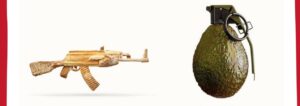
Urgently needed and timely new resource from Afri
Ciara Regan reviews Afri’s latest resource, Sowing Seeds of Peace, for post primary teachers which is adaptable and immediately useful across a range of school subjects.
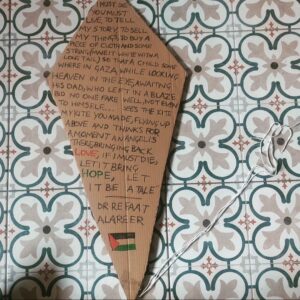
It’s international women’s day. Don’t forget to tag us now that you feel #prettypowerful
From getting out to vote and entertaining two children off school due to it being a make-shift polling station, Ciara Regan reflects on international women’s day 2024.
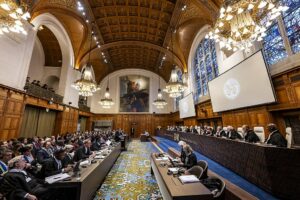
Punching above its weight
Juan Acevedo-Ossa explores South Africa’s case against Israel as the latest example of its ability to act as a normative superpower, exceeding the great powers in shaping global moral discourse.
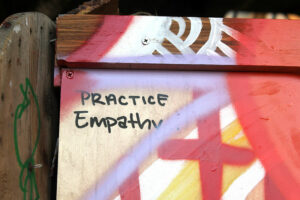
Empathy in a Divided World – workshop
Join us for this online session Empathy in a Divided World led by Brighid Golden to discuss how educators can respond to the challenges of selective empathy, both for ourselves personally and with others in our different settings.
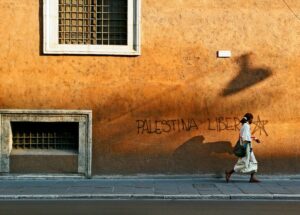
What does Palestine have to do with Africa?
How does Israel’s current aggression on Gaza relate to Africa’s own history of political violence in Uganda and Africa?
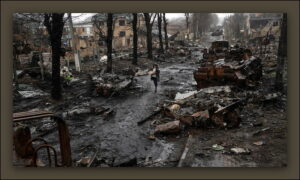
‘What life is this?’: Escaping Ukraine’s occupied territories
From food shortages to informants, eight evacuees talk about life in Russian-occupied towns


